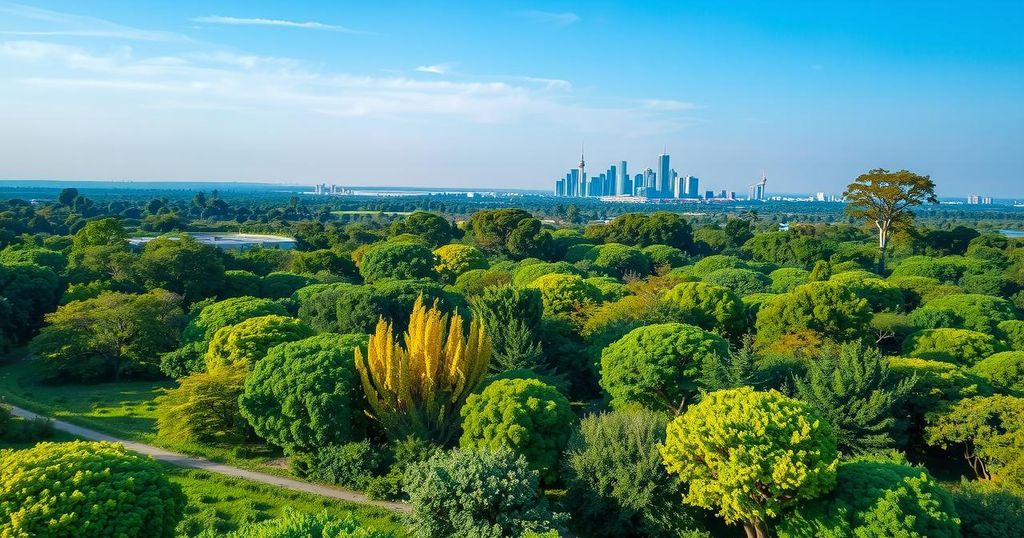The UN talks aim to establish critical funding for nature conservation amid ongoing challenges for biodiversity. Negotiations resumed in Rome following a deadlock from prior discussions, focusing on the need for a dedicated biodiversity fund. Developing nations seek to secure financial pledges from wealthier countries, whose cooperation is essential for achieving global conservation goals.
Global discussions to safeguard natural ecosystems resumed with an urgent call for international cooperation to maintain life on Earth. This meeting comes after a previous unsuccessful conference, highlighting ongoing negotiations regarding funding to combat biodiversity loss amid concerns that over one million species are at risk. Representatives from both affluent and developing countries gathered at the UN Food and Agriculture Organization in Rome to address financial discrepancies relating to nature conservation initiatives.
Delegates are aiming to break the stalemate on creating a dedicated fund for environmental protection, a topic that led to extensive debates during last year’s COP16 talks in Cali, Colombia. Developing nations are pressing wealthier states to fulfill their commitment of providing $20 billion annually by 2025, emphasizing that trust could erode if these promises are not met. Panama’s representative stressed the critical importance of securing financial support for sustaining ecosystems and humanity alike.
The backdrop of the conference features geopolitical challenges such as trade disputes and the impact of Russia’s invasion of Ukraine. Although the United States has not endorsed the UN’s Convention on Biological Diversity, the current administration has retracted international development funding, further complicating the funding conversation. COP16 President Susana Muhamad emphasizes the need for teamwork on a matter of utmost importance for humanity’s future—a joint effort to preserve our planet’s life.
As the discussions unfold in a more intimate setting compared to the previous conference, nations have until Thursday to finalize plans to secure a promised allocation of $200 billion annually by 2030 for nature conservation. The debates primarily revolve around how the funding will be effectively dispatched. Brazil and other developing states advocate for a new biodiversity fund, insisting that they lack representation in current arrangements, while affluent nations caution against potentially fragmenting aid through numerous funds.
The viability of this financial strategy is juxtaposed with the demand for urgent biodiversity targets set for the decade. Experts have indicated substantial unknown costs associated with environmental degradation arising from fossil fuels, agriculture, and fisheries, which could reach up to $25 trillion per year, signifying a quarter of the global GDP. The recent trend of failing agreements at previous UN summits accentuates the pressure for COP16 to achieve meaningful outcomes to support environmental sustainability.
The ongoing UN talks represent a pivotal moment for nations to align on crucial funding mechanisms necessary for preserving biodiversity. With a pressing target to mobilize $200 billion annually by 2030, the need to forge new financial paths is clear. Developing countries are advocating for dedicated biodiversity funding to better address their challenges, while wealthier nations assert the importance of reforming existing frameworks. Ultimately, cooperation is essential to ensure the protection of ecosystems and the survival of diverse species worldwide.
Original Source: www.gjsentinel.com






